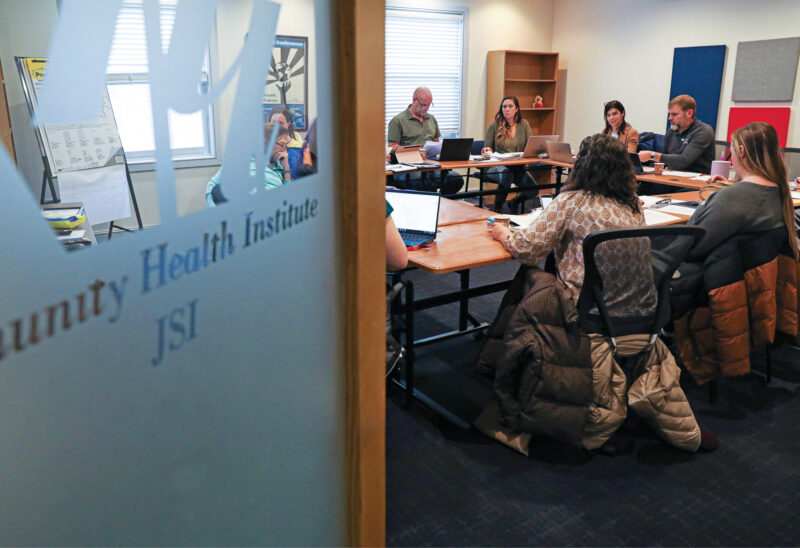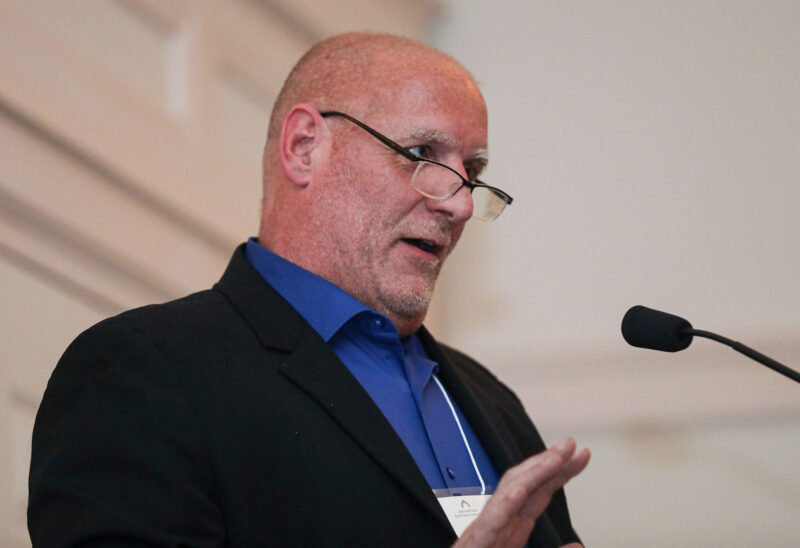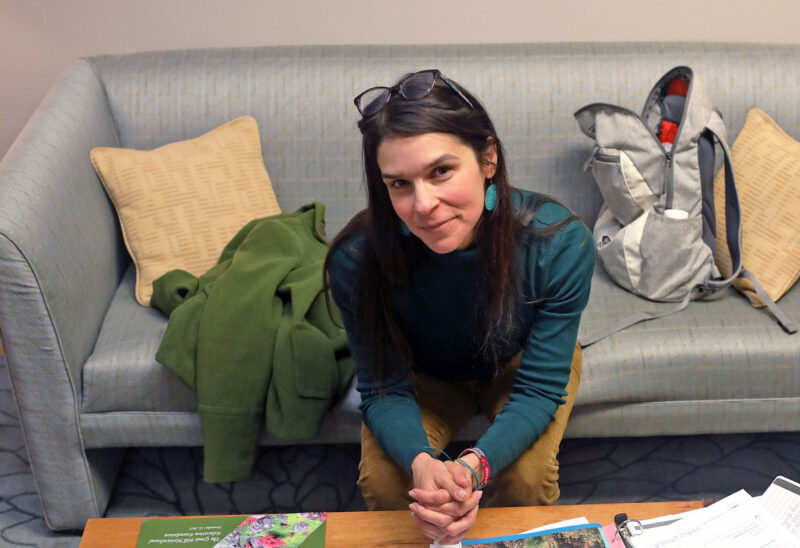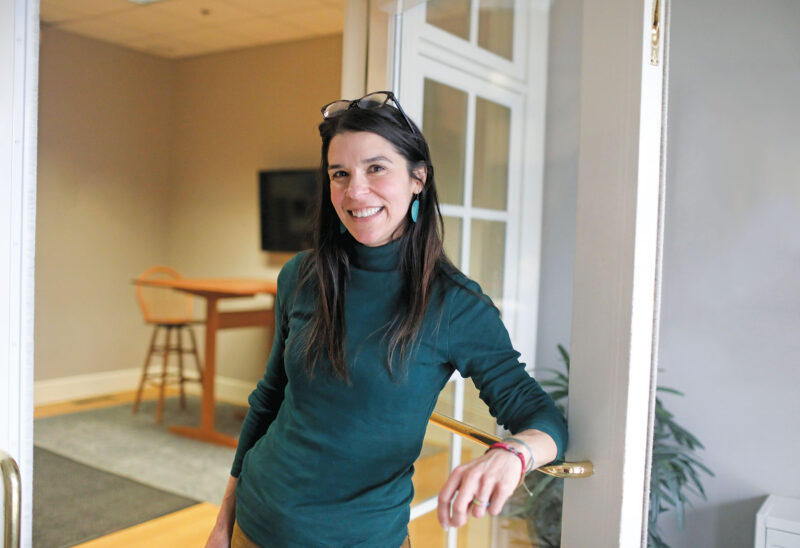An estimated 8,000 children in New Hampshire – many of whom have parents who struggle with, or have lost their lives to substance use disorders – are being raised by grandparents, relatives or family friends. That is more than the entire population of Plymouth.
The “kinship caregivers” caring for those kids are people who have stepped up and taken on parenting roles that they had neither expected nor planned for. The work is real – and the rewards are immeasurable.
Joy, who lives in Exeter, stepped up to become a kinship caregiver five years ago. Her granddaughter, Makayla, had been living with her father. Joy’s daughter, who is Makayla’s mom, had substance use disorder and mental health issues, and had moved out of the home long before. Makayla’s father hadn’t been able to keep up with the utility bills and home repairs, or to offer the attention and nurturing that Makayla needed.
Step Up Parents, founded in 2019, is a nonprofit that provides financial assistance to hundreds of kinship caregivers like Joy in New Hampshire and Southern Maine each year.
Like many kinship caregivers, Joy had been looking forward to retirement when her granddaughter came to live with her full-time. Arthritis had recently made Joy partially disabled, unable to work and living on a fixed income. But looking back, she says, taking in Makayla was the best decision of her life.
“It’s a challenge, but it’s also an incredible blessing to be able to provide a good, loving home for her and to watch her grow into a remarkable young woman,” Joy says. “I wouldn’t have it any other way.”
Makayla, she adds, is now thriving in school, socially with new friends and, with the help of nonprofits and tuition assistance, is able to pursue her passions for horseback riding and art.
Joy’s situation is not usual for kinship caregivers: 37 percent are over 60 years old, while 21 percent live at or below the poverty line, and 25 percent have disabilities.
“We call them heroes, and it’s not an exaggeration,” says Denyse Richter, who was inspired to found Step Up Parents by friends who were raising their granddaughter, whose mother had substance use disorder. “The emotional and financial challenges that so many of them face taking care of these kids are really incredible.”
Since 2019, Step Up Parents has distributed more than $300,000 in direct aid, helping 600 families caring for more than 1,000 children. More than 75 percent of the caregivers it supports are grandparents, many of whom live on fixed incomes and whose savings have been depleted by years of caring for family members with substance use disorder. Charitable Foundation grants have helped support Step Up Parents since soon after its launch.
Step Up Parents can provide each family with around $575 per year to help cover the basics, such as housing, utilities, food, transportation, daycare and auto repairs, as well as registration fees for summer camp, sports, music lessons and after school activities. To help promote its resources and family grants for the children of kinship caregivers, Step Up works closely with schools, the Division for Children, Youth and Families, health care centers and social service agencies. It maintains an engaging Facebook page featuring kinship families’ stories and resources, with more than 800 followers. Since 2021, it has also awarded an annual $1,000 scholarship to a high school graduate from New Hampshire or York County, Maine, who has lived with a kinship caregiver.
Despite the daunting prospects of taking in and raising young children, many of whom have suffered trauma, kinship caregivers often say they never considered other options, from putting the children into the state’s foster care system to leaving them in unhealthy home environments.
“I grew up in the system,” says Barry Rogers, of Dover. “I grew up going from family to family, and I would never, ever want that for my grandchildren.”
Several years ago, Barry and his wife, Elle, became kinship caregivers to their oldest daughter’s three children, now ages 10, 13 and 17, each of whom has special needs; adding to their seven biological children in their home. They have since officially adopted their three grandchildren, creating a family of 10 children. Support from Step Up Parents, Elle says, provided critical help that made it easier.
“One of the most important life lessons I learned is that there are times when you have to ask for help,” Elle says. “And the great thing is, you find that there are good people out there who want to help.”
In January, Step Up Parents announced the hiring of a new executive director, Jessica Parker, who brings 15 years’ experience in New Hampshire nonprofits, while Denyse Richter will remain as vice president of the board. Looking back on how the organization grew out of her desire to help friends who were raising a grandchild, Denyse says her greatest reward is knowing that the organization has become a reliable, sustainable and vital safety net for kinship families.
“Step Up Parents has become something far beyond my modest expectations, and this experience has enriched my life immeasurably,” says Denyse. “Step Up Parents was built with grassroots enthusiasm, on-the-job training, and a drive to make an immediate and hopefully lasting difference. I am proud to say that we accomplish this every day.”

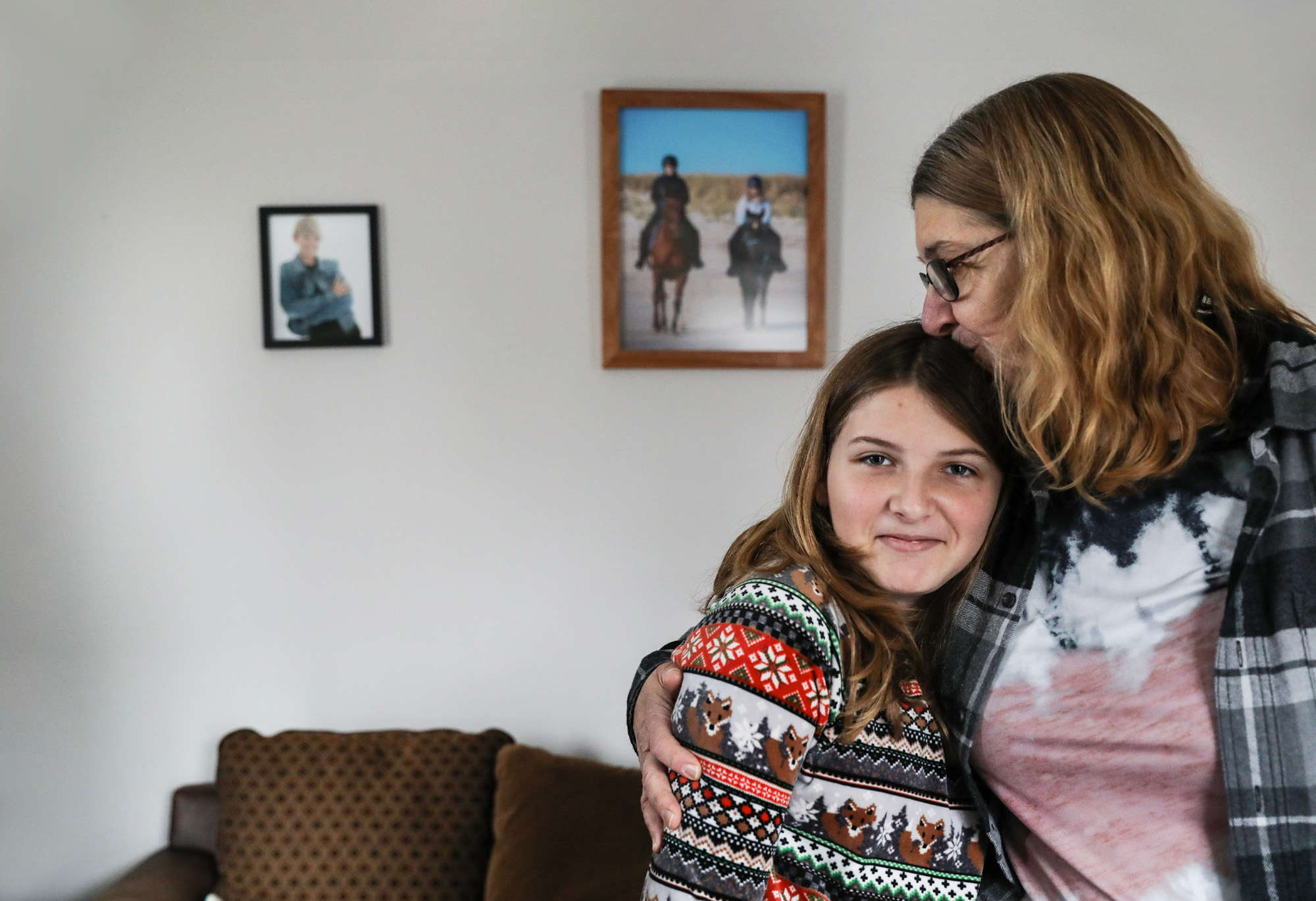






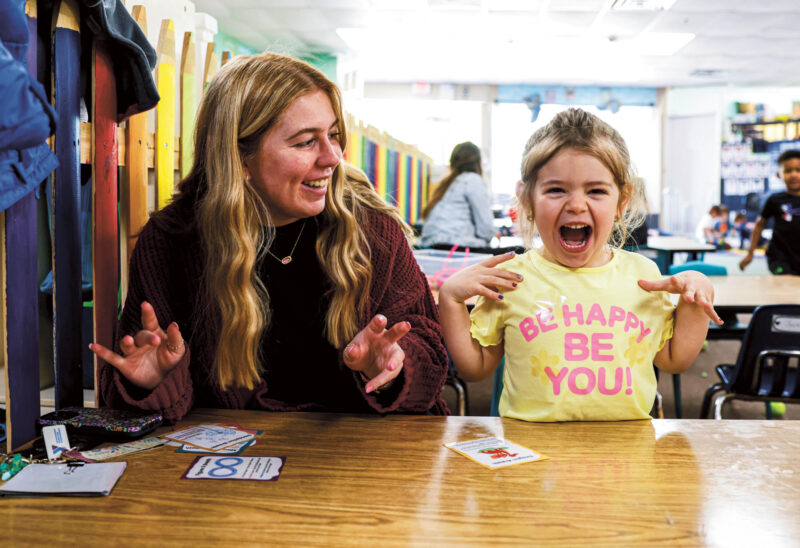
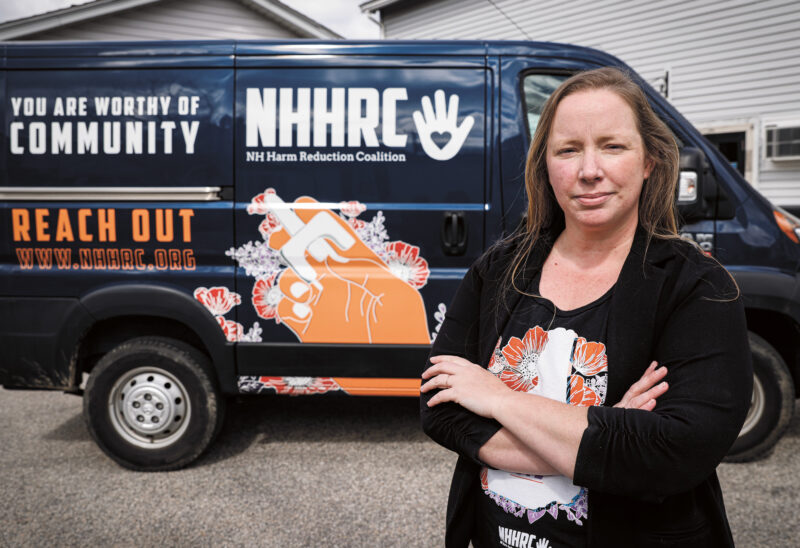
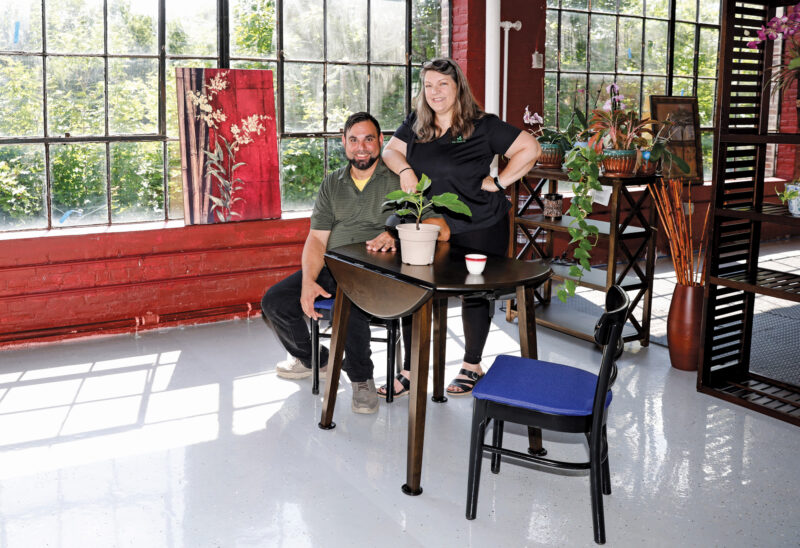
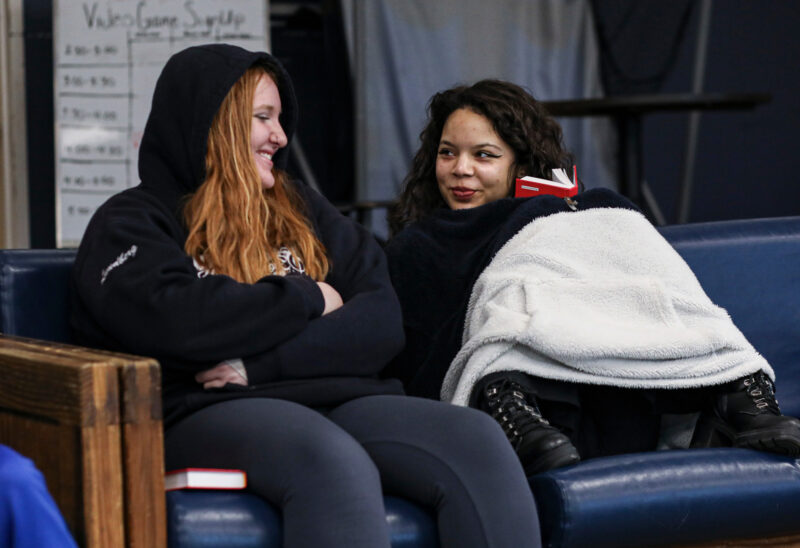
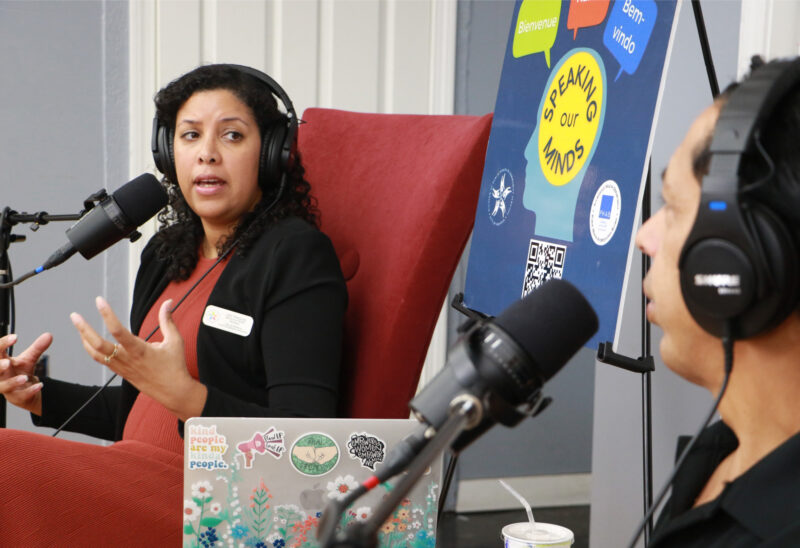
![Charitable Foundation President Dick Ober [Photo by Cheryl Senter]](https://www.nhcf.org/wp-content/uploads/2023/12/dick-ober-purpose-fall-winter-2023-800x548.jpg)
